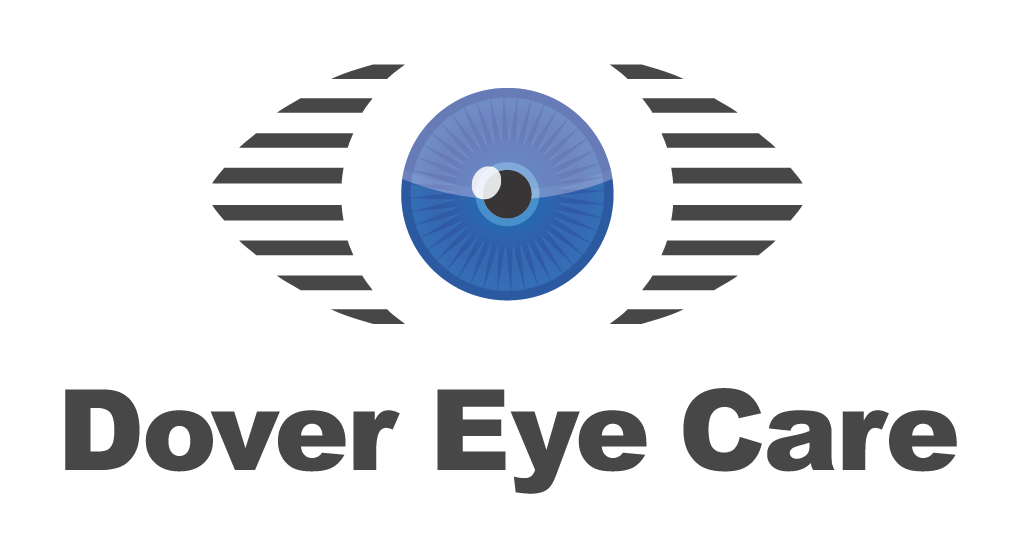
1. Vision is so important to humans that almost half of your brain’s capacity is dedicated to visual perception.
2. The most active muscles in your body are the muscles that move your eyes.
3. The surface tissue of your cornea (the epithelium) is one of the quickest-healing tissues in your body. The entire corneal surface can turn over every 7 days.
4. Your eyes can get sunburned. It is called photokeratitis and it can make the corneal epithelium slough off just like your skin peels after a sunburn.
5. Ommatophobia is the fear of eyes.
6. You blink on average about 15 to 20 times per minute. That blink rate may decrease by 50% when you are doing a visually demanding task like reading or working on a computer – and that’s one reason those tasks can lead to more dry-eye symptoms.
7. Your retinas see the world upside down, but your brain flips the image around for you.
8. If you are farsighted (hyperopia) your eye is short, and if you are shortsighted (myopia) your eye is long.
9. An eyelash has a lifespan of about 5 months. If an eyelash falls out it takes about 6 weeks to fully grow back.
10. One in every 12 males has some degree of “color blindness.”
Article contributed by Dr. Brian Wnorowski, M.D.
This blog provides general information and discussion about eye health and related subjects. The words and other content provided on this blog, and in any linked materials, are not intended and should not be construed as medical advice. If the reader or any other person has a medical concern, he or she should consult with an appropriately licensed physician. The content of this blog cannot be reproduced or duplicated without the express written consent of Eye IQ.
